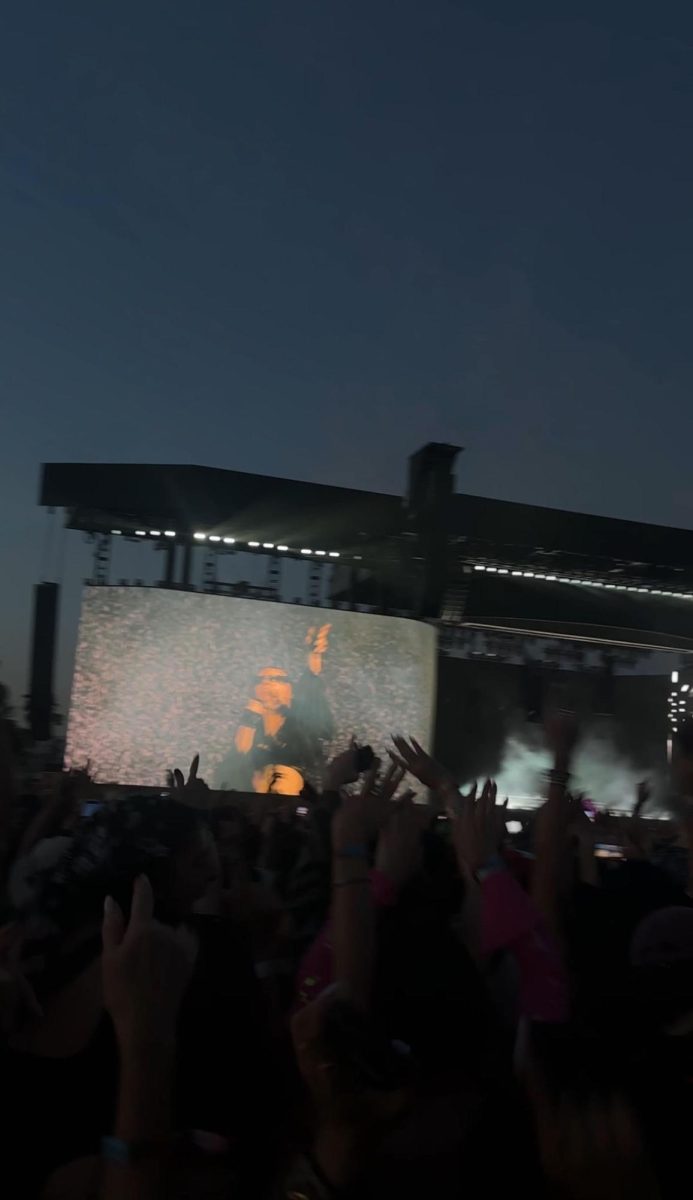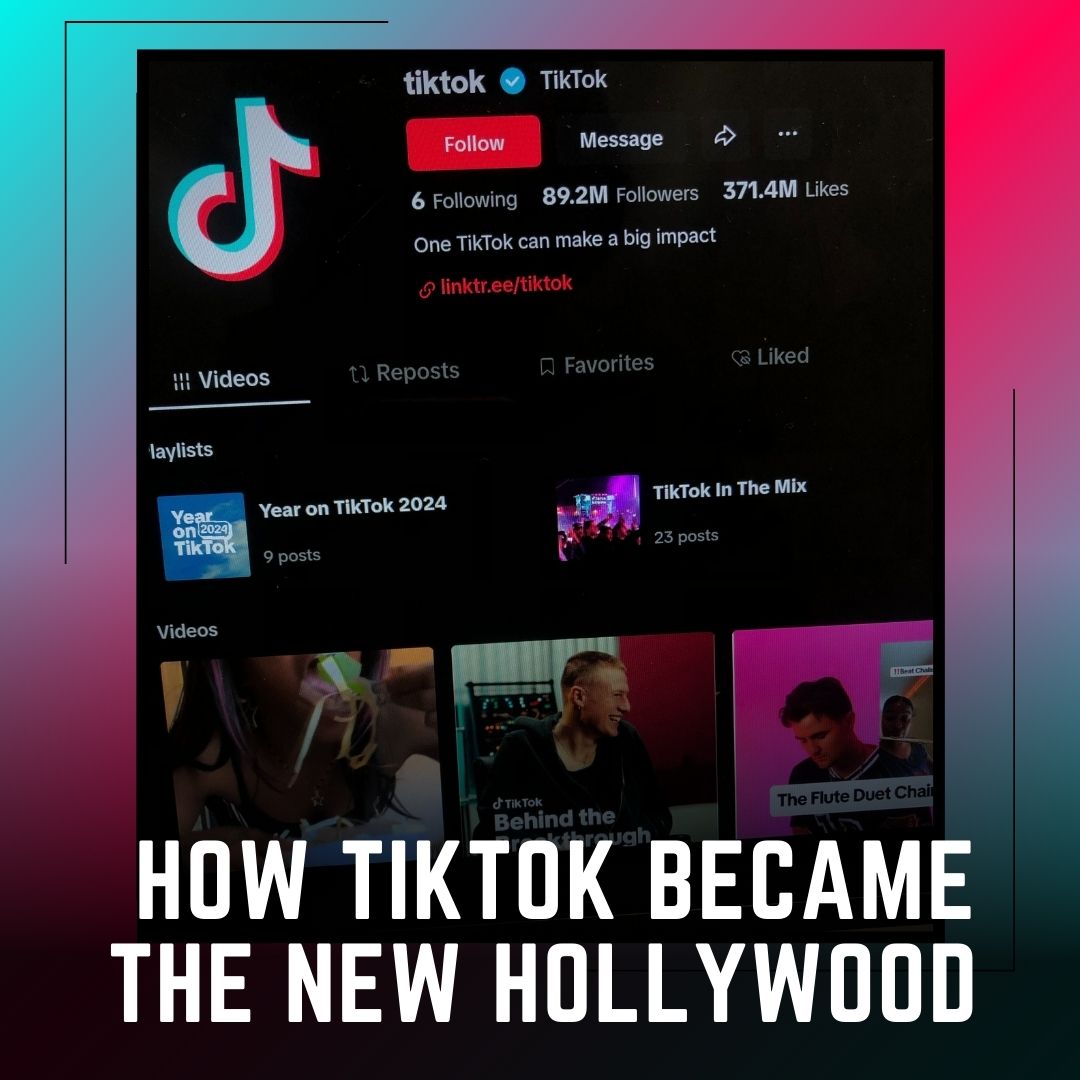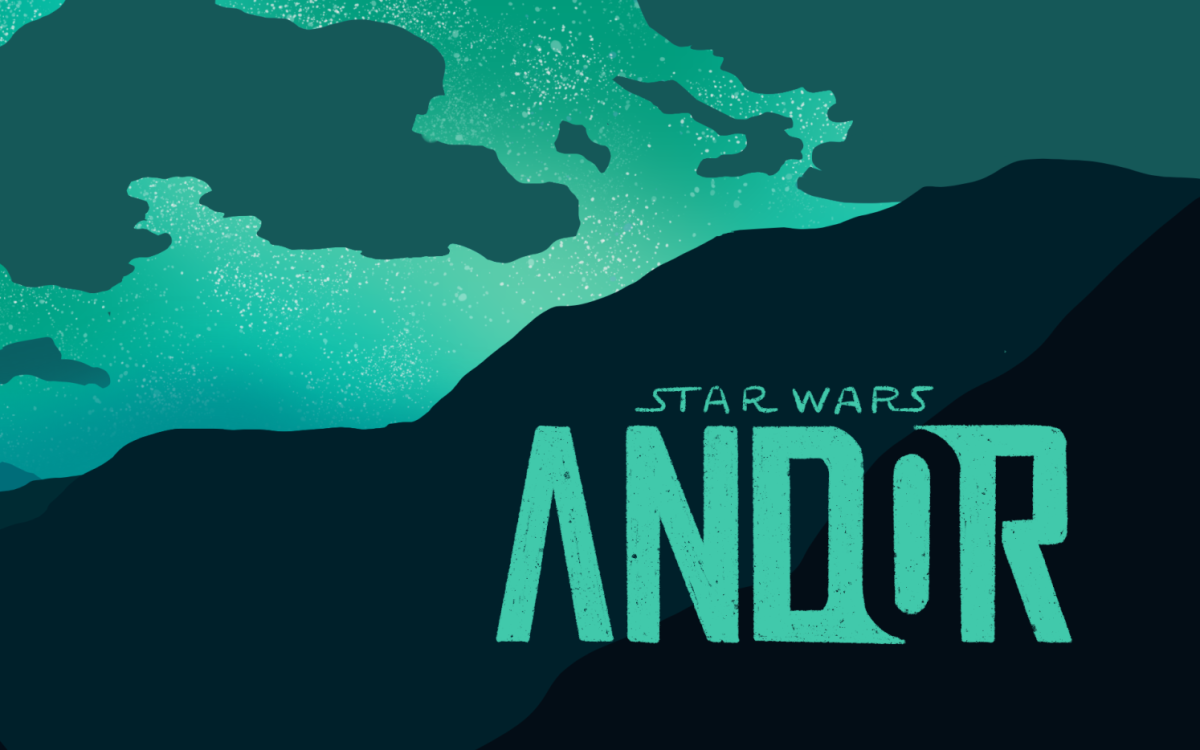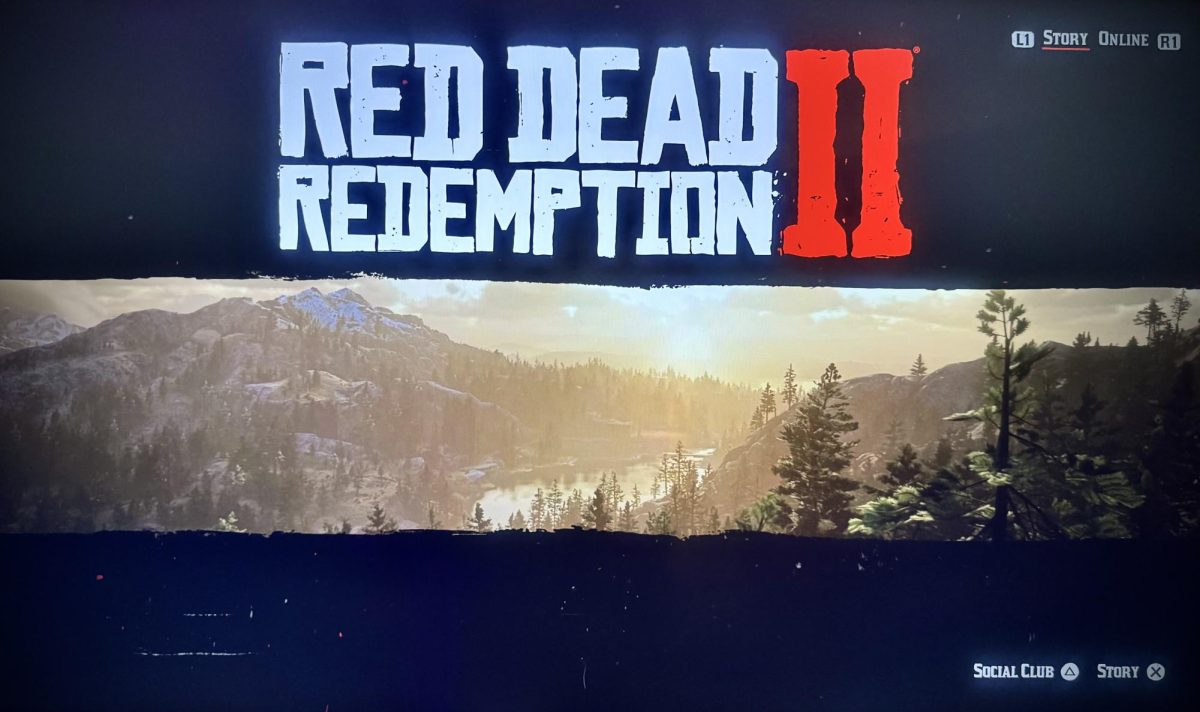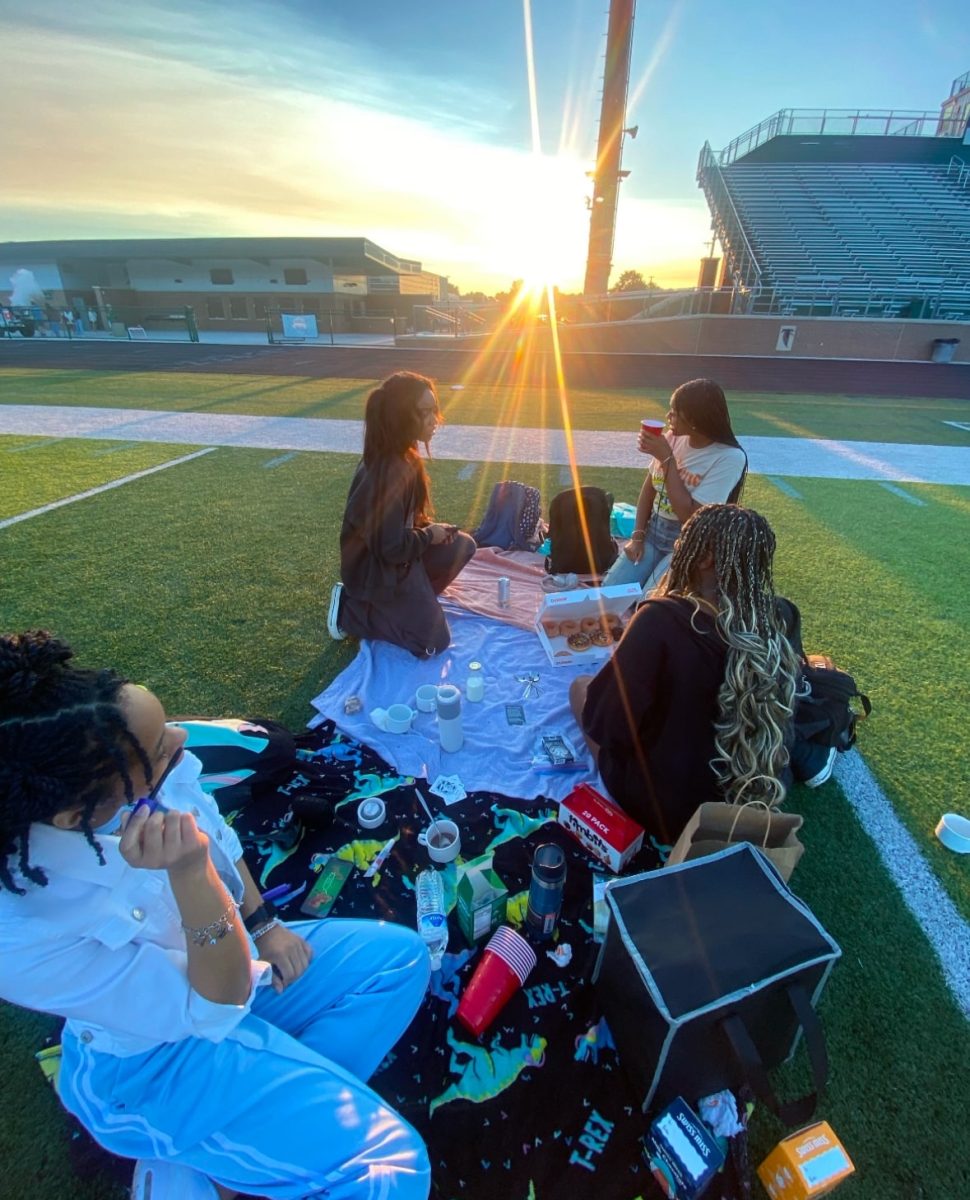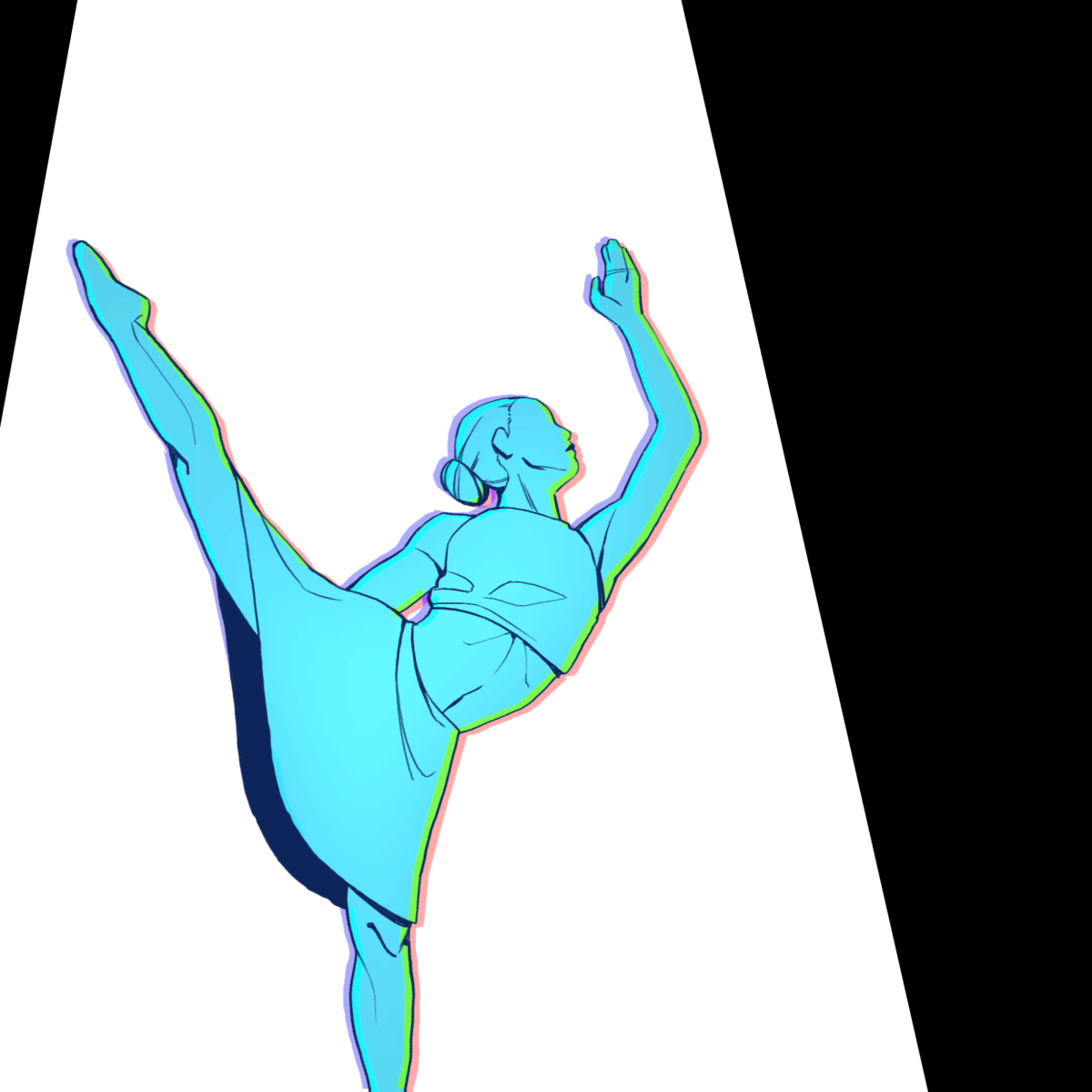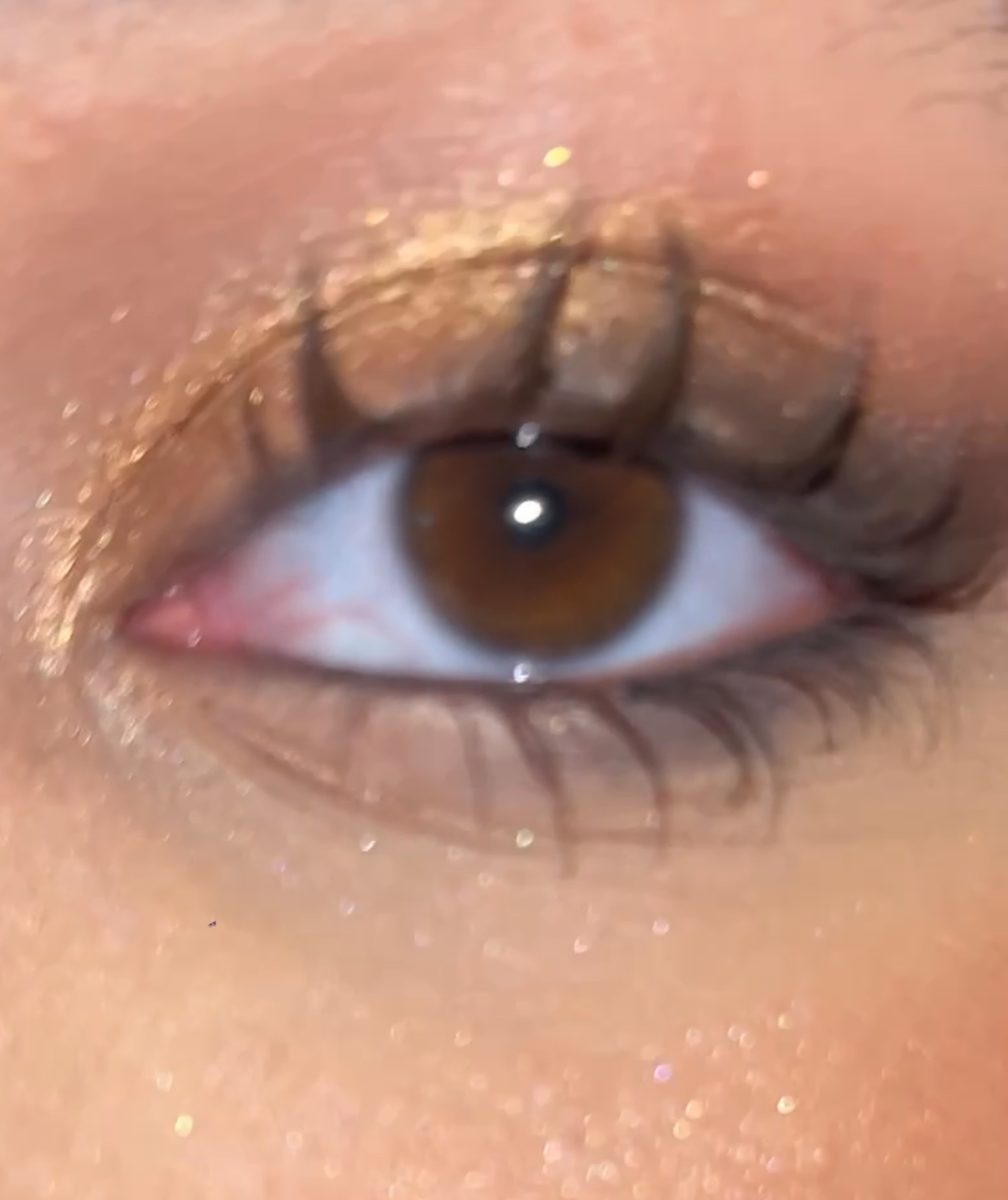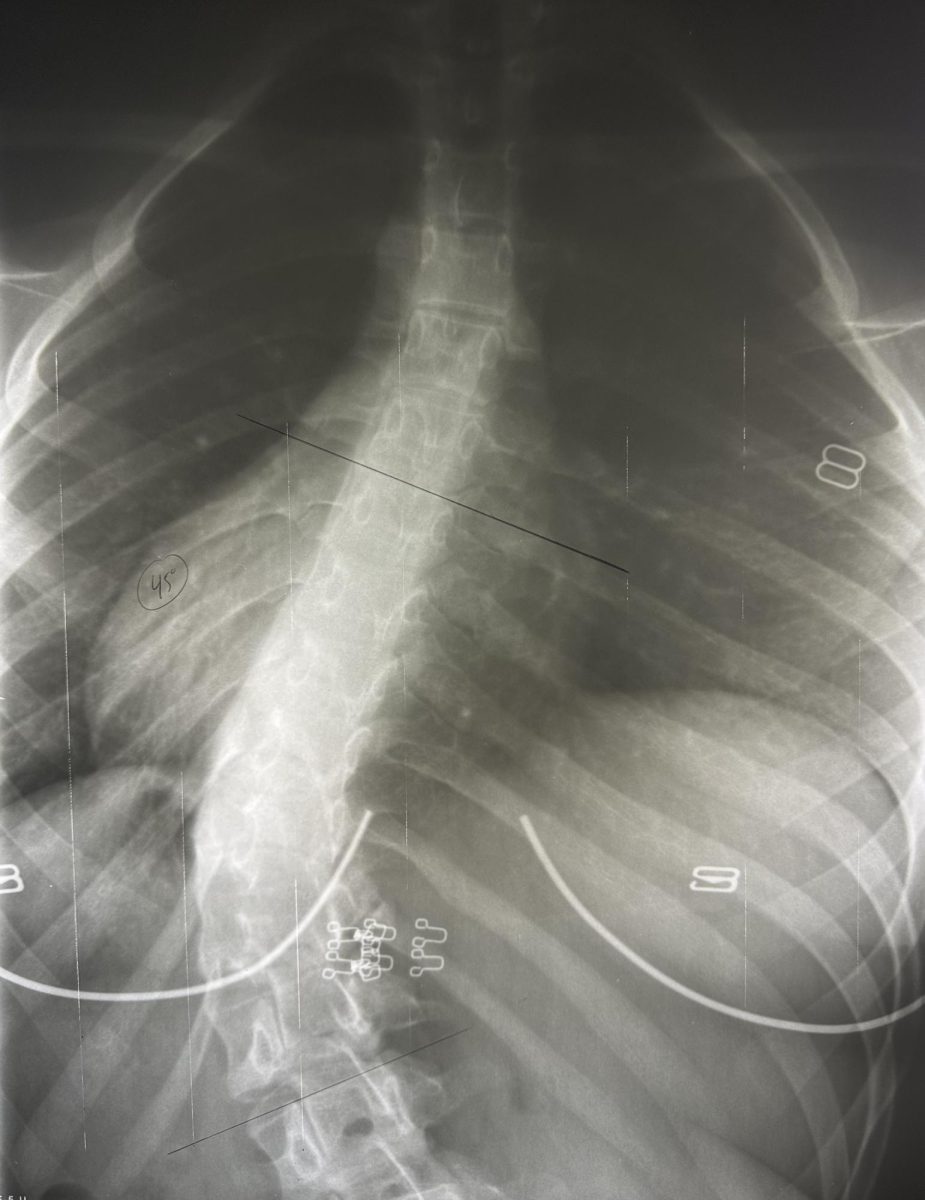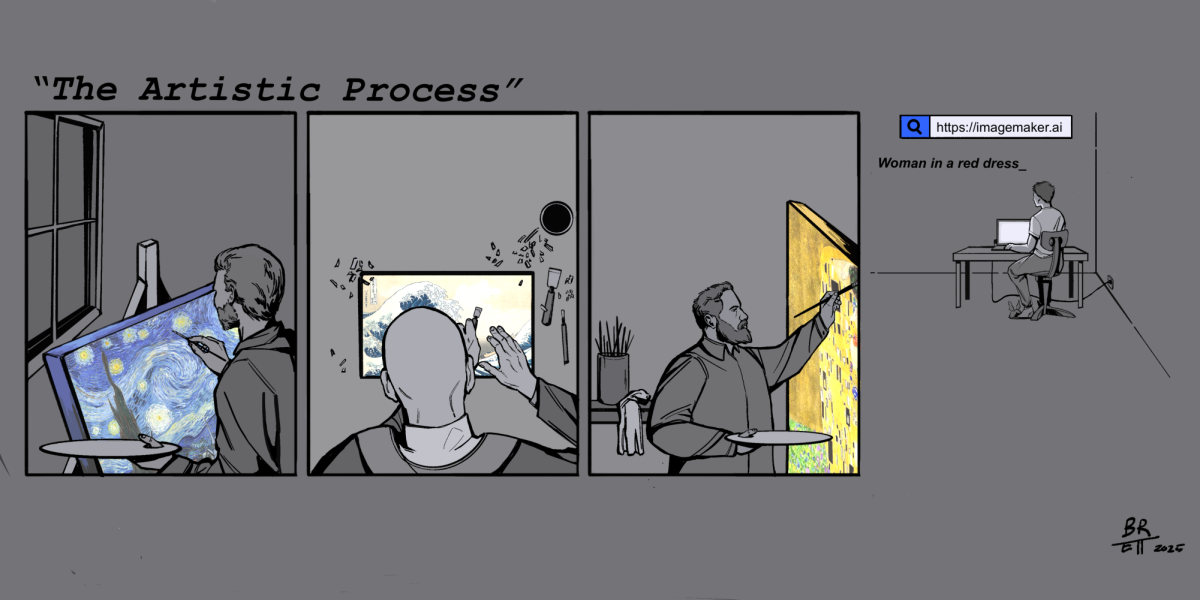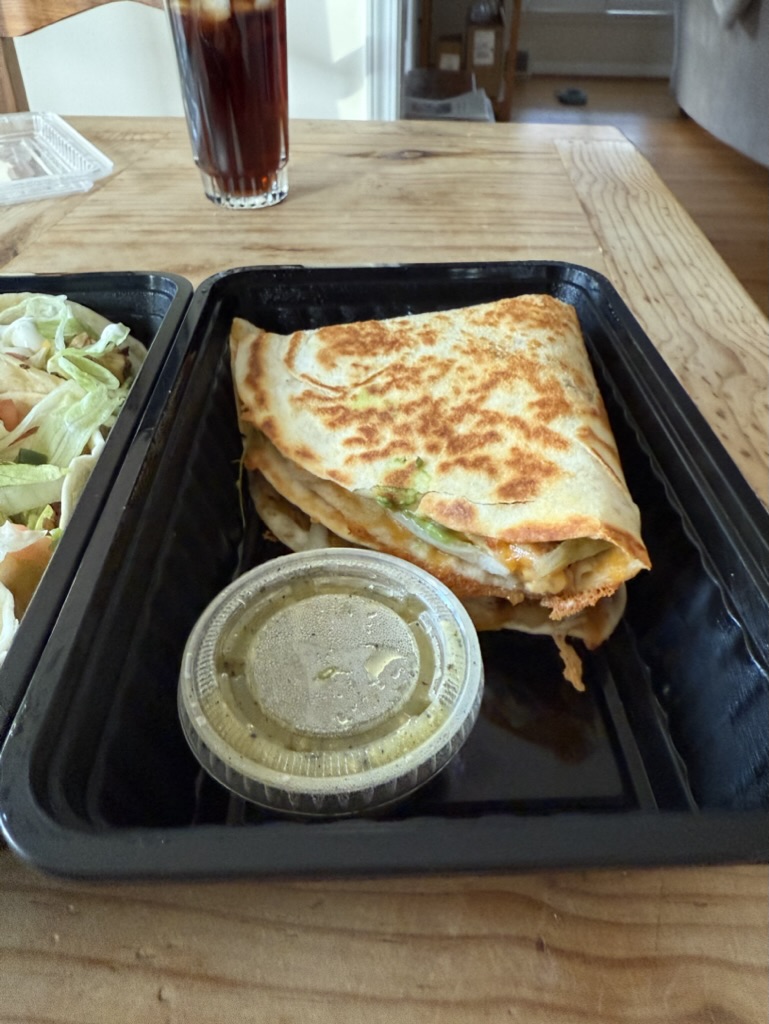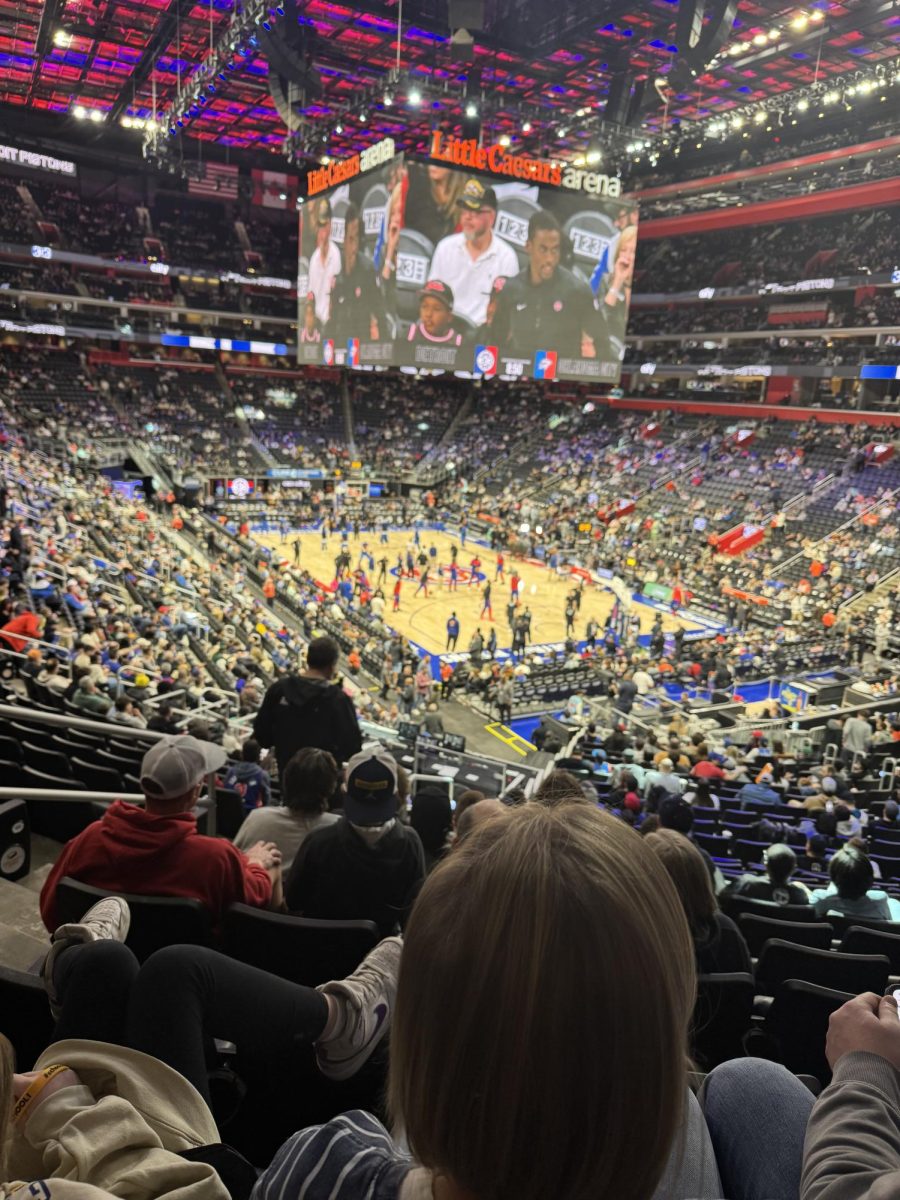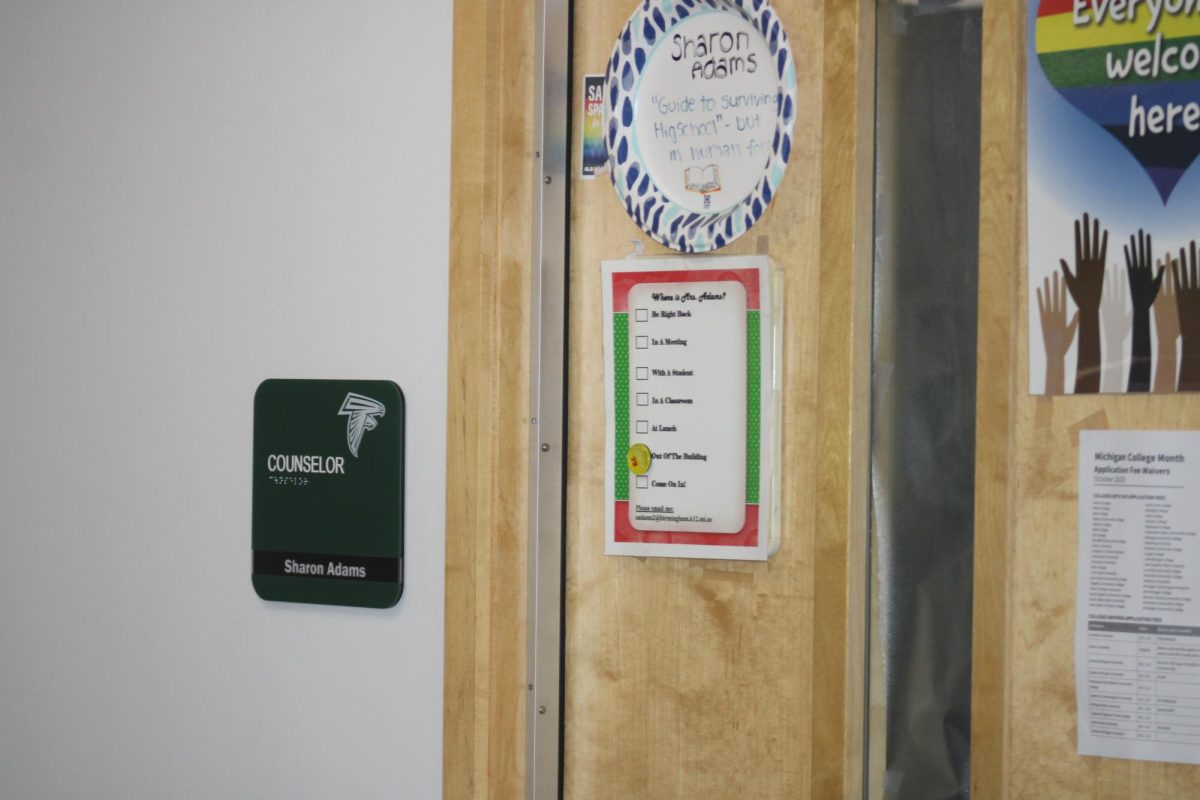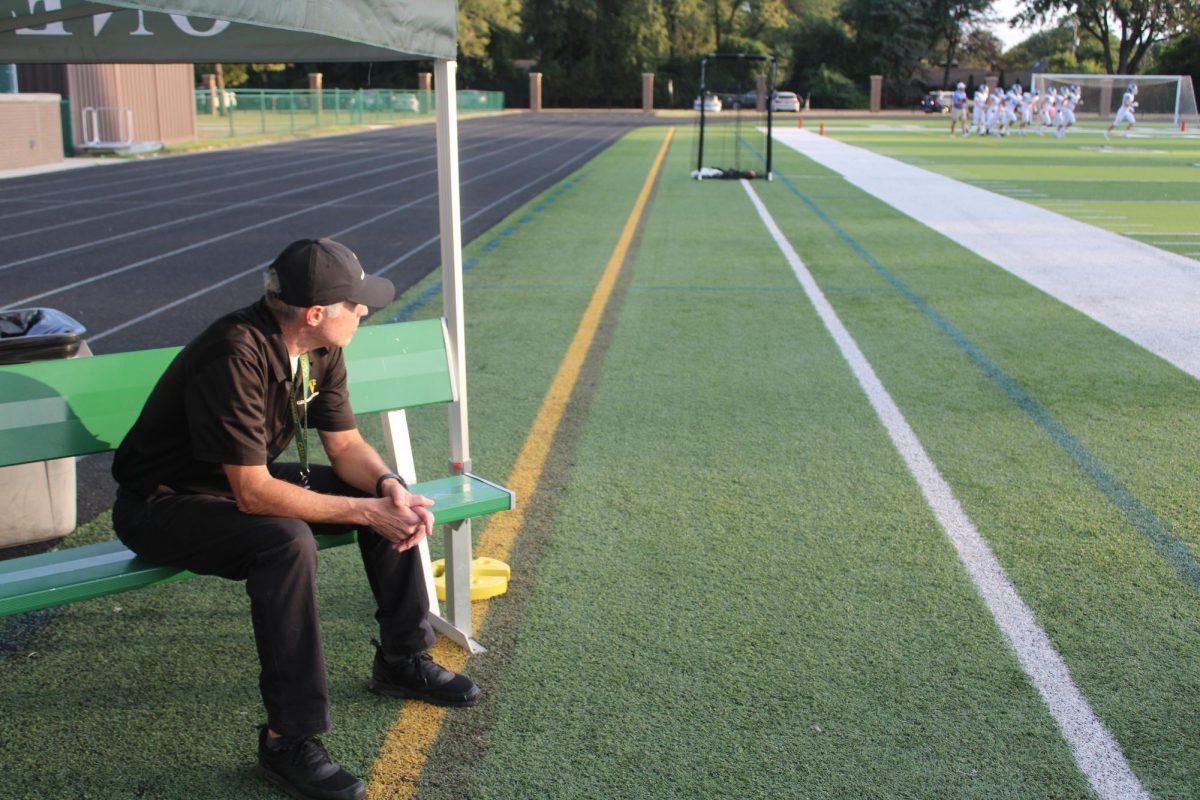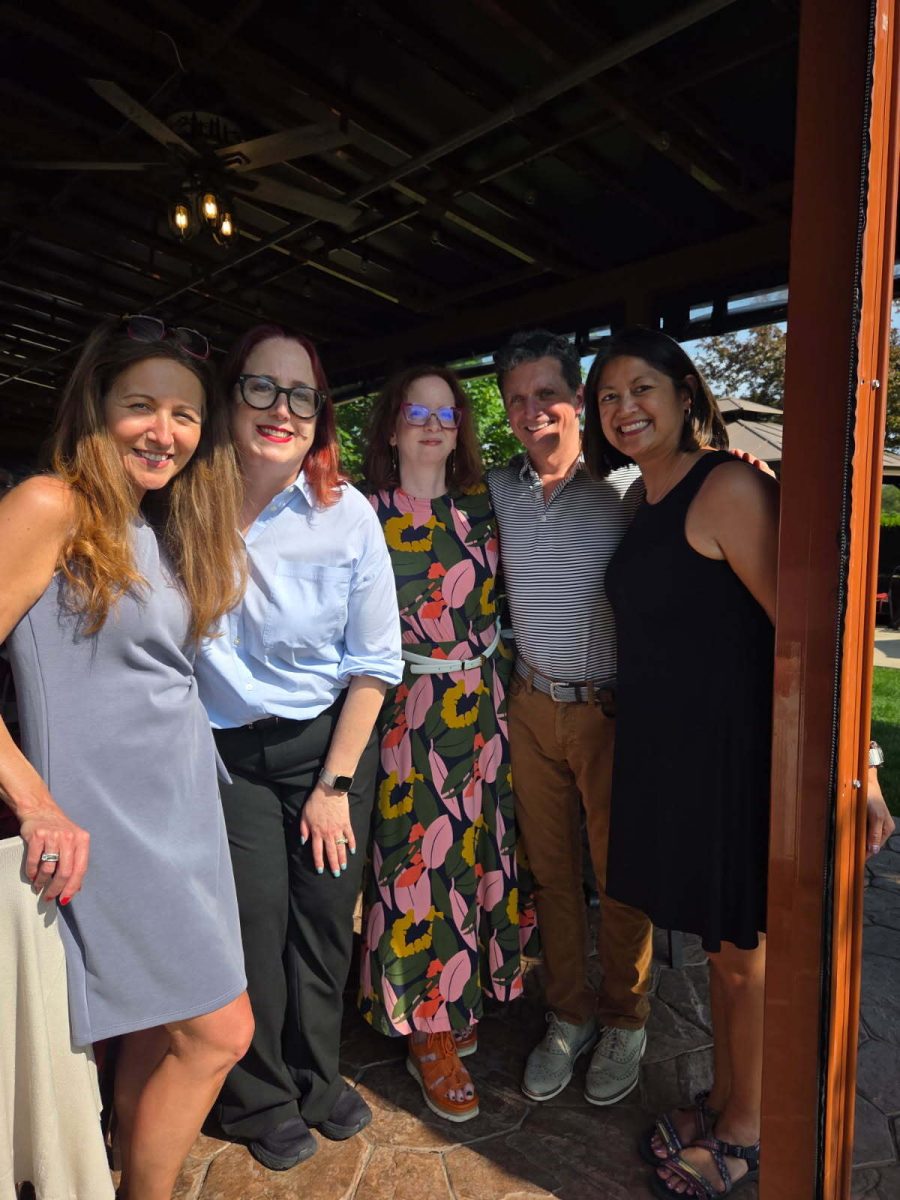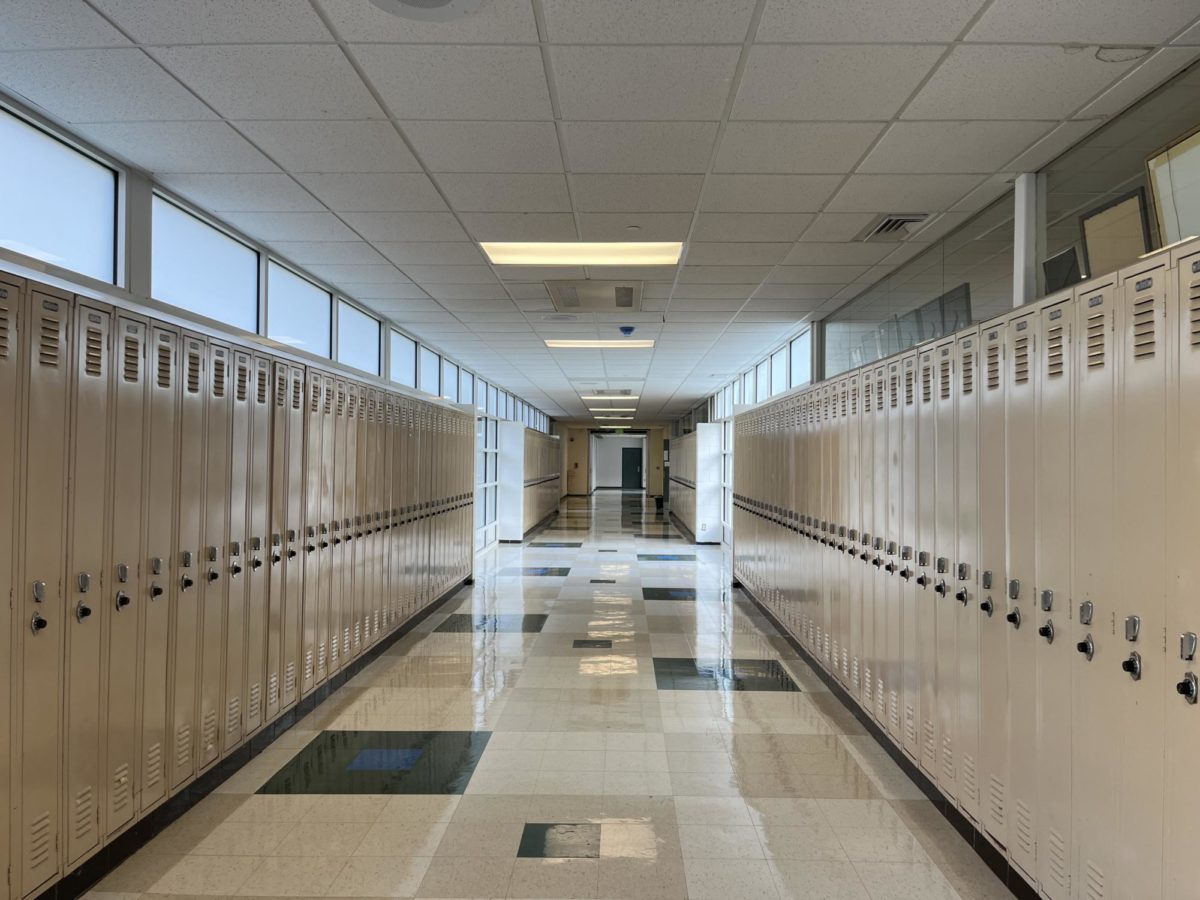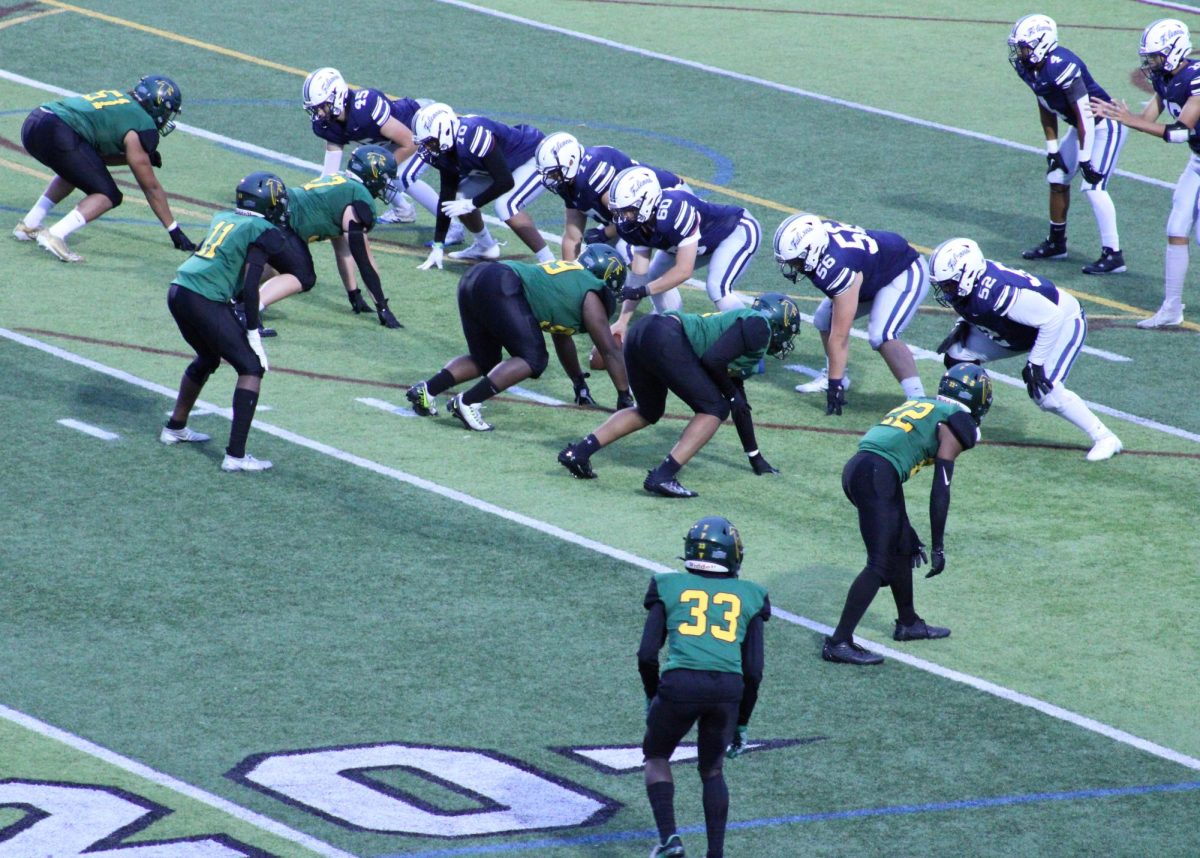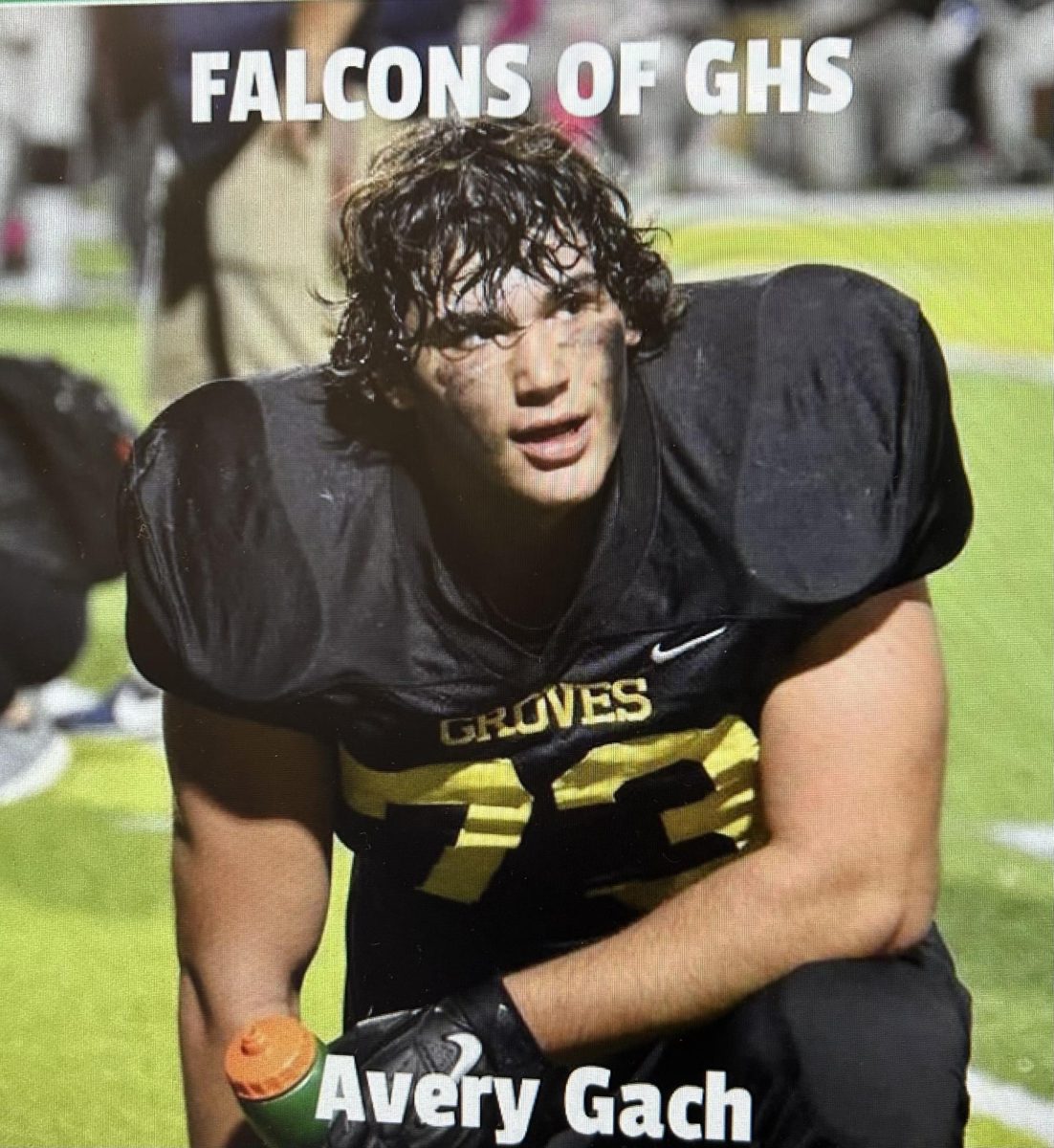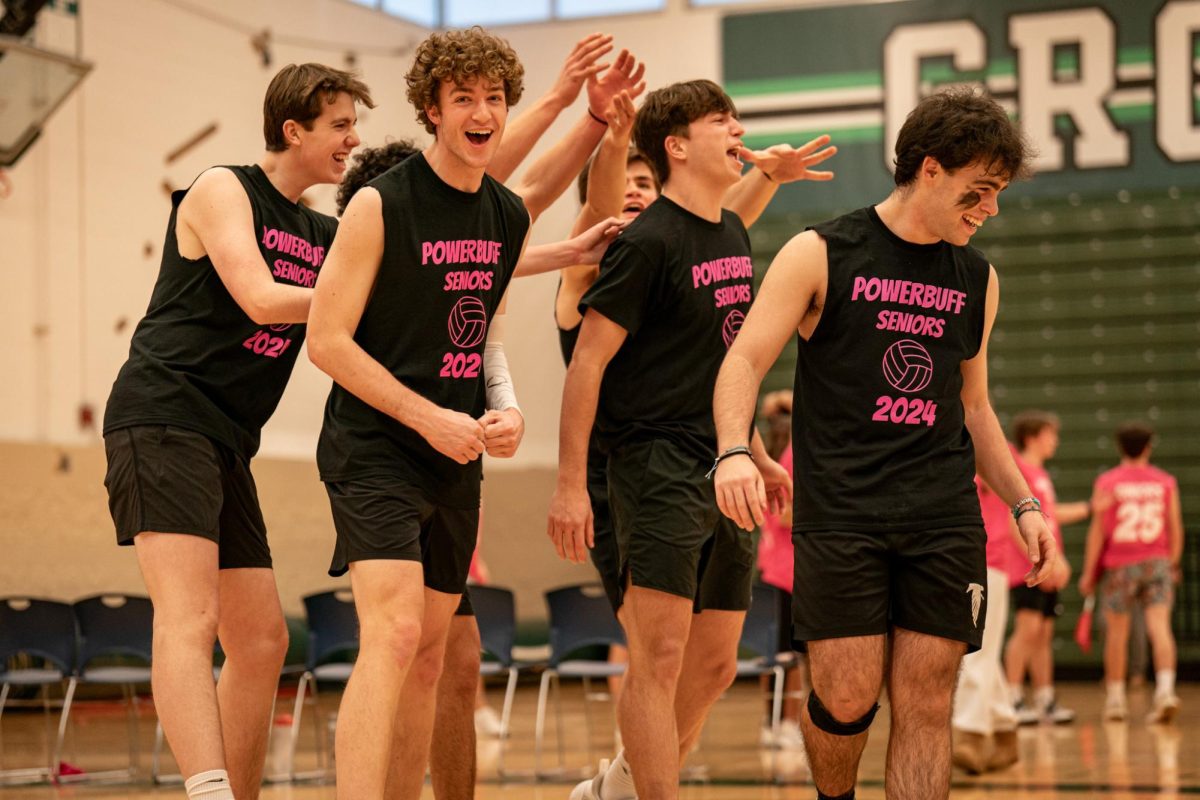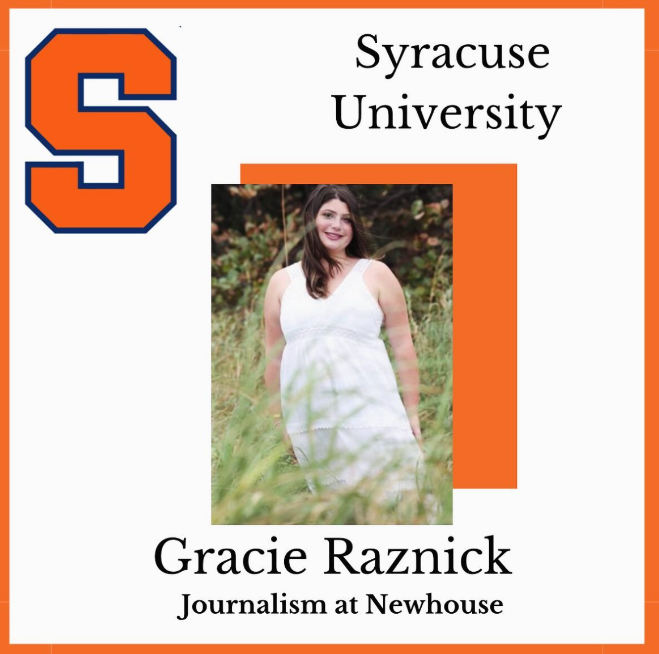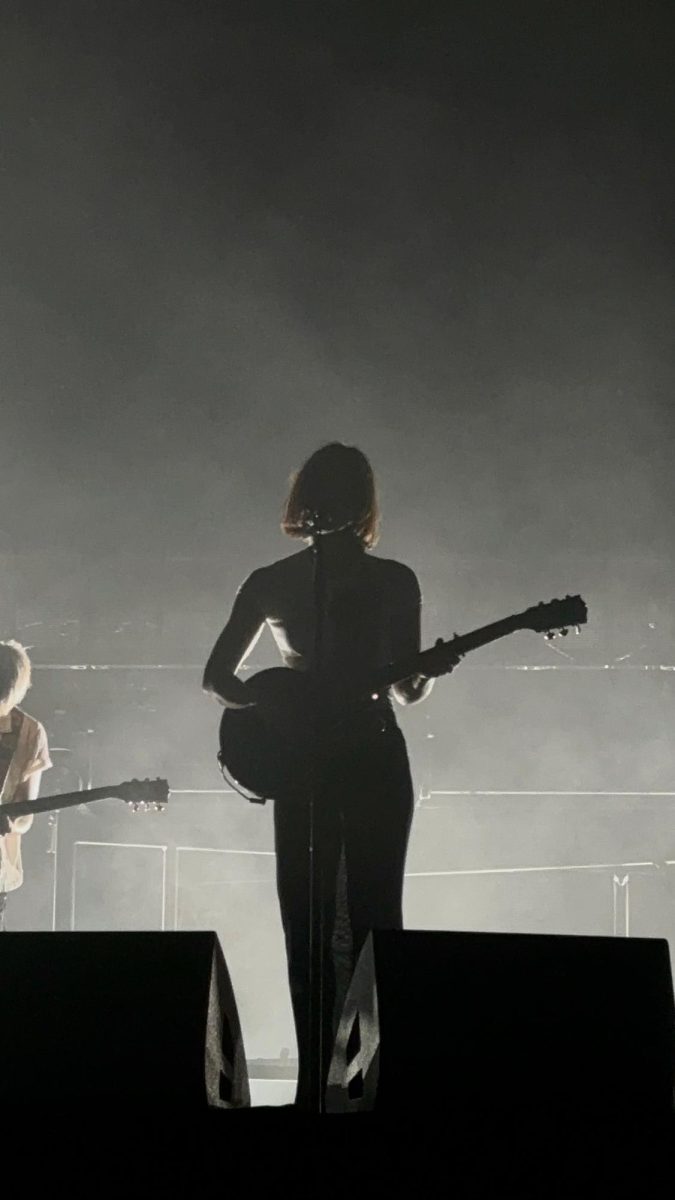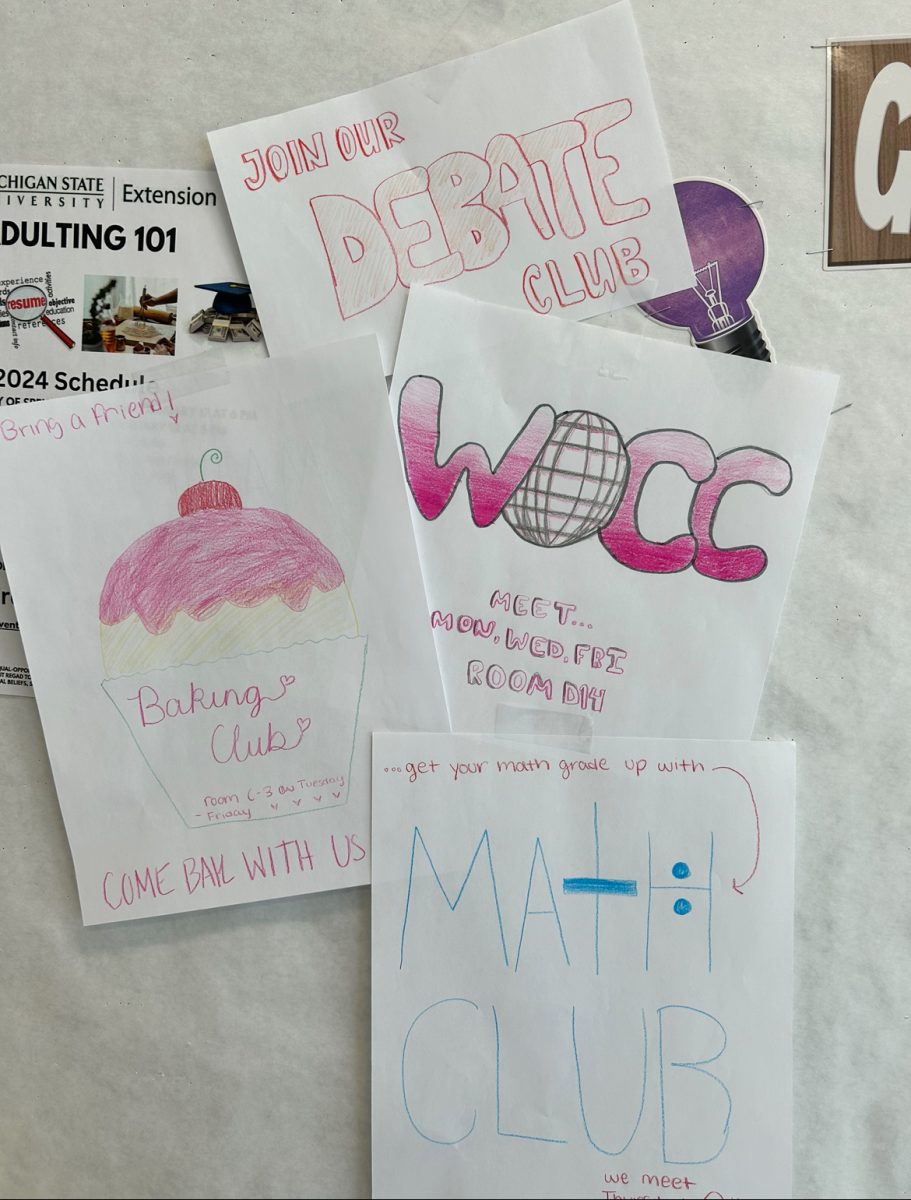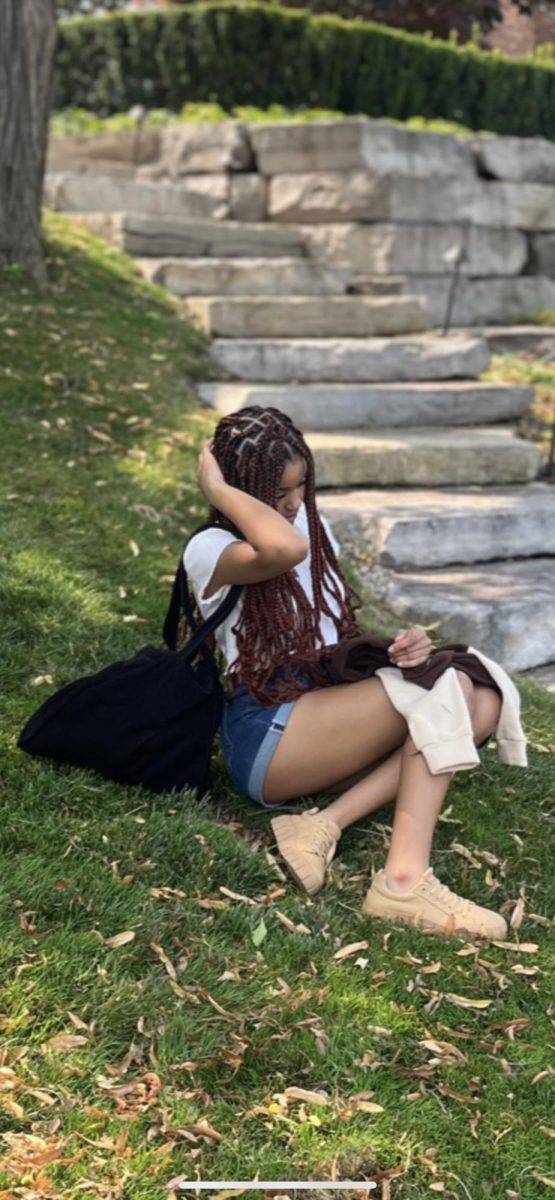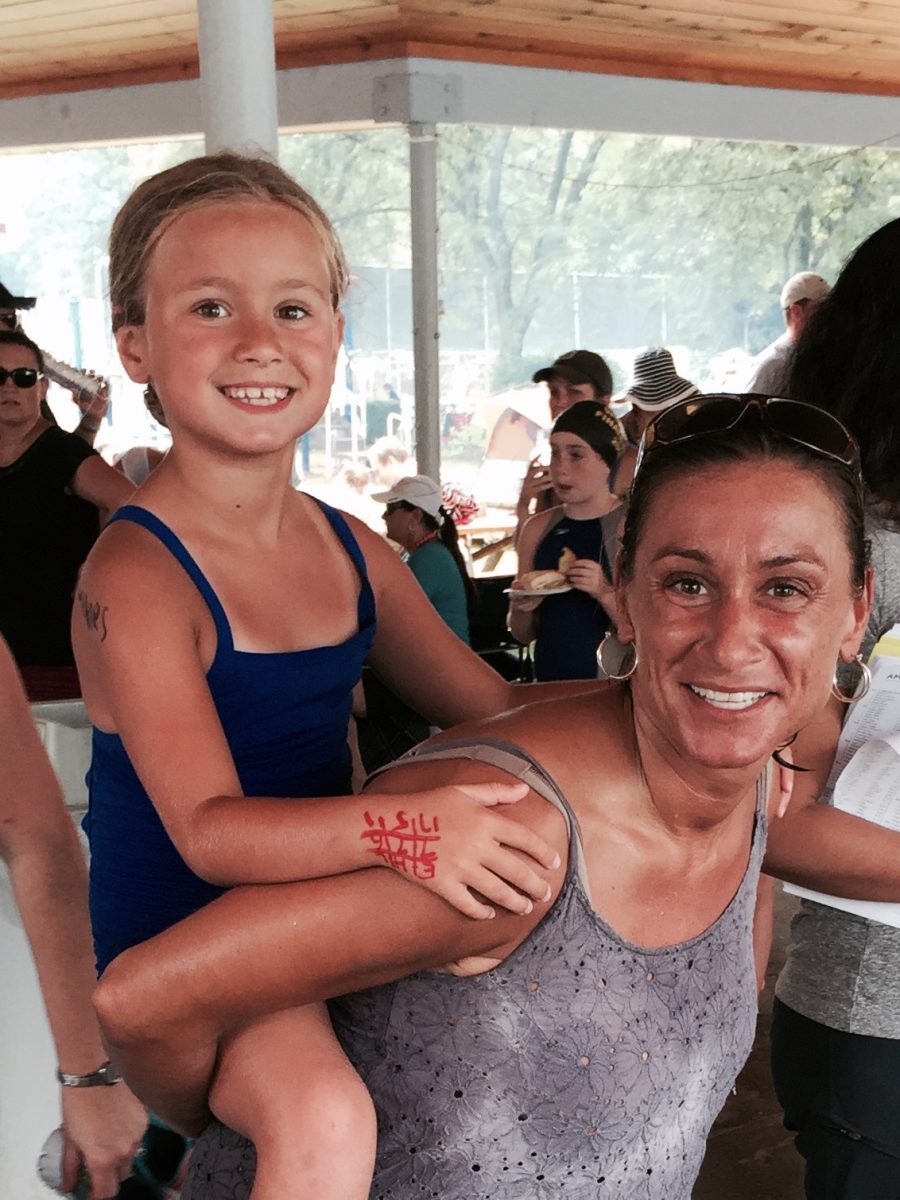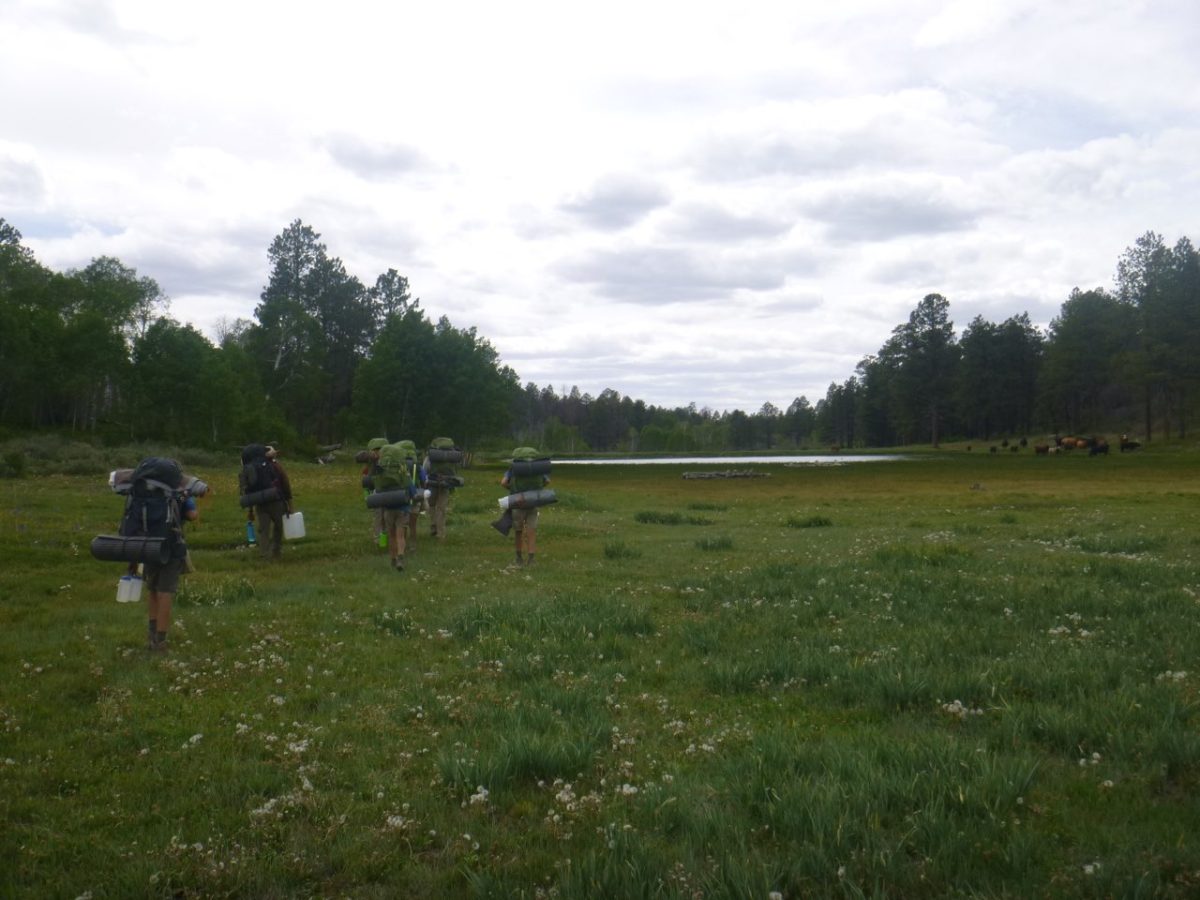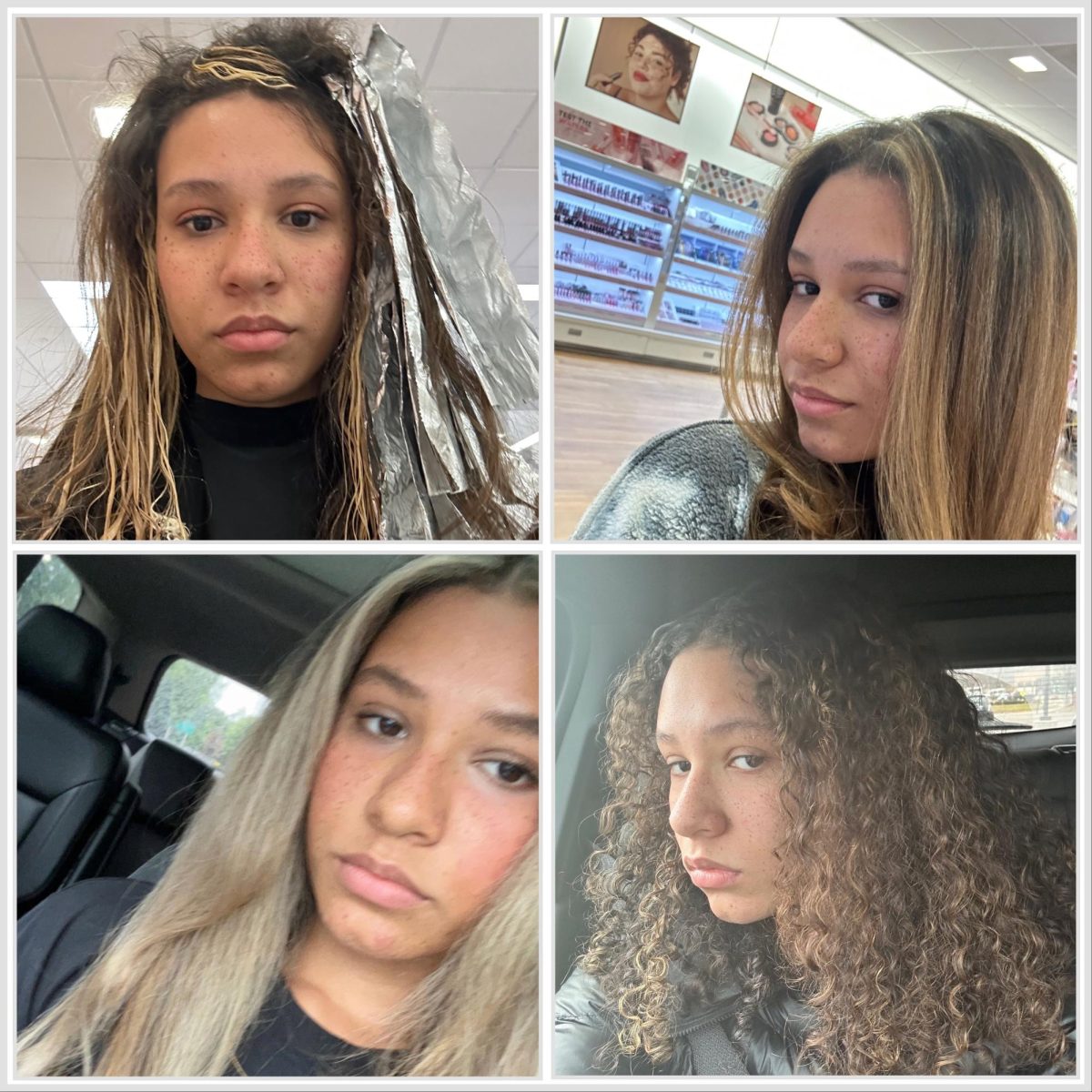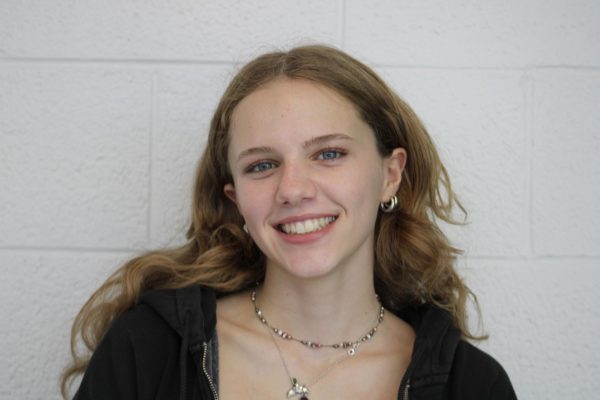In the early hours of the morning on April 18th, 2022, my mother and I awoke to fly across the country to the small town of Durango, Colorado. This trip wasn’t for skiing, hiking or the plentiful other fun things to do in Colorado, I was being sent to Open Sky Wilderness Therapy. If you keep up with the news, you may have heard of Open Sky— or programs similar to it— before. They are labeled as mental health programs, supposedly aimed at rehabilitating “troubled teens” and helping them integrate back into society. Unfortunately, anyone who has spent three months at any wilderness therapy program could easily say that the experience is the exact opposite of their mission.
Upon entering the program, I was assigned a mentor-student, the only person in my group (“Team Rise,” as we called it) that I was allowed to talk to for the first 12 hours. Afraid that the tiniest mistake would keep me at Open Sky longer,—or get me sent to someplace even worse— I complied with their rules. This wasn’t the last time I wasn’t allowed to speak whilst in the program, either. Throughout my stay, there were numerous days or hours when Team Rise was “put on silence.” In fact, in order to move up the therapeutic ladder and eventually graduate, we were required to spend a day in silence. This meant no talking to the guides unless absolutely necessary, and no talking to other kids on my team. Now, at the time, this seemed completely normal to me. I had become an unknowing victim of the Troubled Teen Industry’s cycle of breaking kids down in order to mold them into the “ideal child.” In my eyes, everyone who’d been through the program before me had the exact same experience (this is yet another problem with wilderness therapy: the therapeutic process isn’t personalized) and had gotten to leave the program afterward. They had all seemed “better,” so clearly, abiding by their outrageous rules was just something I was going to have to do.
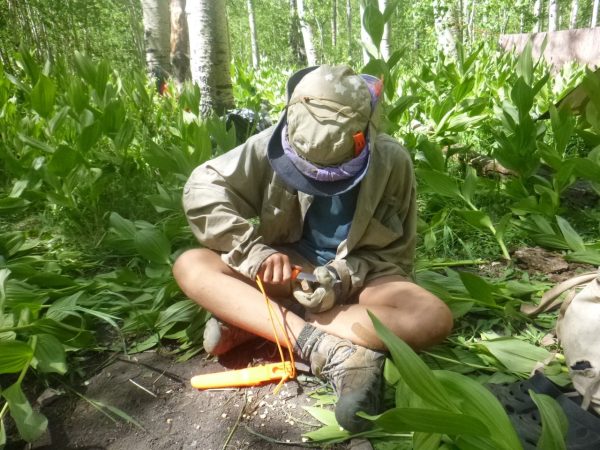
My first few weeks at Open Sky were especially rocky. The psychologist, Mr. B, had me stop many of my medications cold turkey, leaving me with increased anxiety and depression. I was also adjusting to the ever-so-present feelings of confusion and resentment for being in such a place. Sometime during my fourth week, I was sent two letters; one from each of my parents. These were called “Impact Letters,” which explained in explicit detail every wrongdoing and misstep you took to get to where you are. You also had to read them in front of everyone. I had to read years and years worth of hard feelings, arguments, and incredibly personal experiences to a bunch of strange kids that I had only known for a matter of weeks. After that, they would give me “feedback” on everything I had done wrong, along with trying to “reflect” how my parents might’ve felt. Listening to my peers’ feedback, I felt a sense of irony; a bunch of troubled teens were telling me what I did wrong when they were there for many of the same reasons I was.
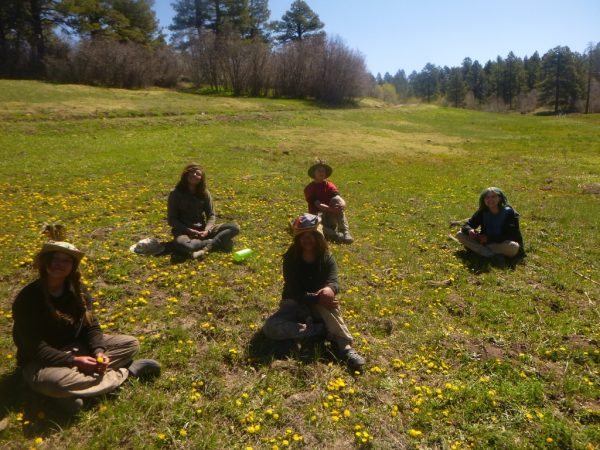
It has been 975 days since I was sent to Open Sky Wilderness Therapy, and the things I experienced I have thought of nearly every day since. Now, it’s important to realize that while I did come out “better” than when I went in, ultimately, I think that sending your child to wilderness therapy is more harmful than it is helpful. My time in the program is like heaven compared to the majority of other people’s experiences.
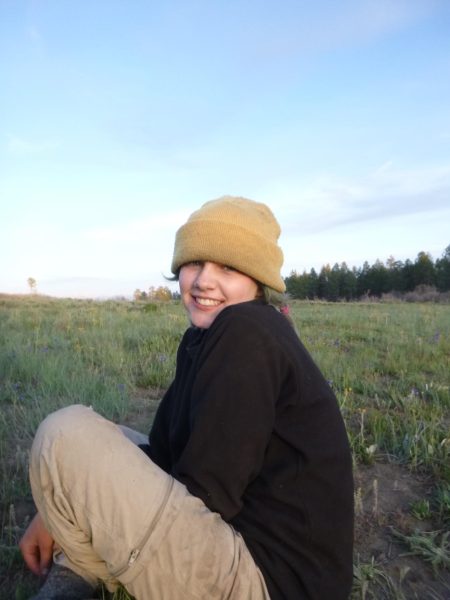
One of my main fears in speaking out on my experience at Open Sky has been that people would perceive me as fragile or damaged, due to their preconceived notions about wilderness therapy. In all honesty, I am now the exact opposite of that. Three months of feeling hopeless and stuck led me to be more resilient than ever, and it would be a lie to say I got nothing out of Open Sky. Still, I remain a staunch advocate for shutting down all therapeutic programs that are a part of the Troubled Teen Industry, or at the very least, putting laws in place for how they are regulated.

